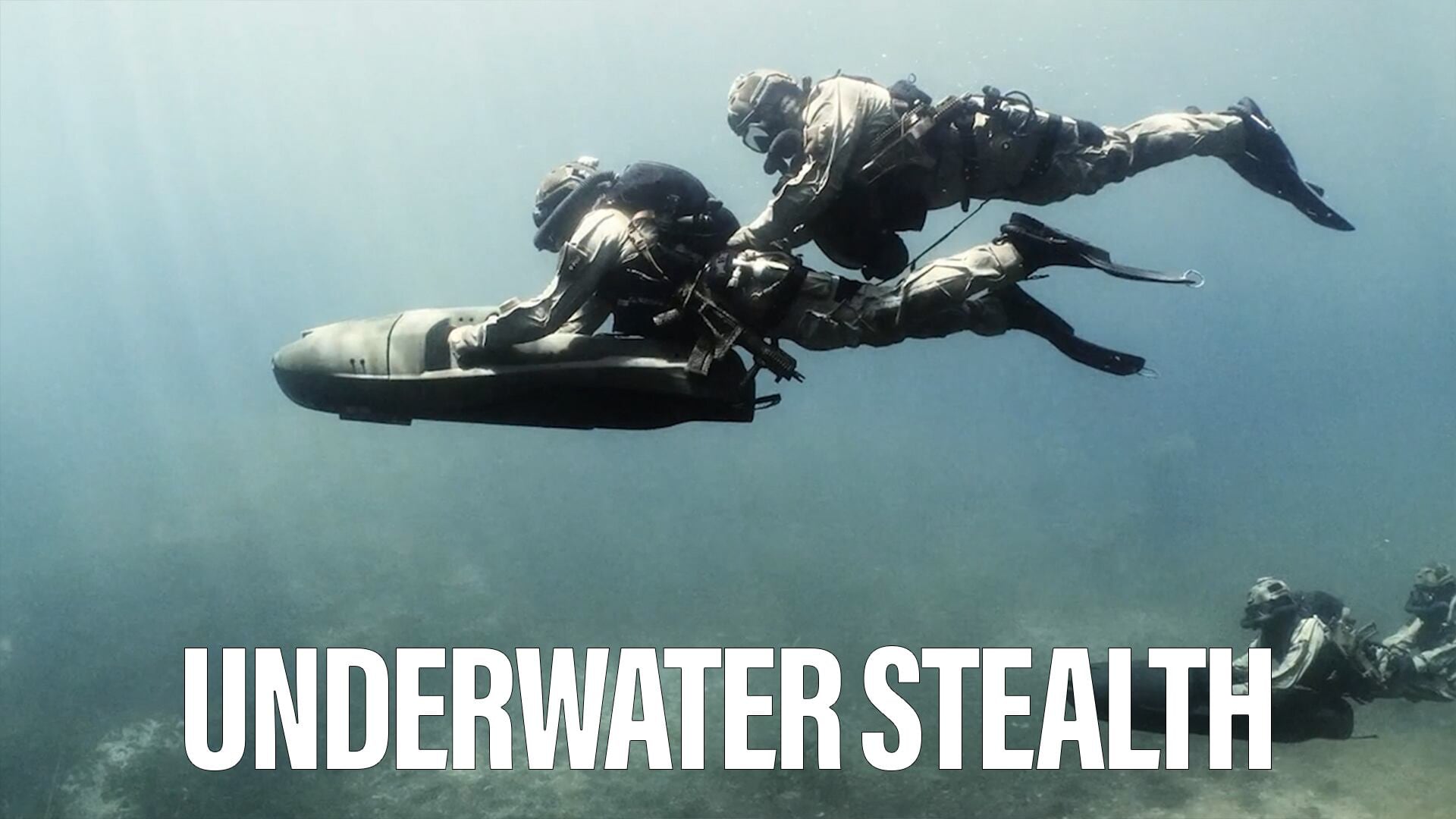TEL AVIV — Among the crop of Israeli defense minister candidates bitterly duking it out before the nation goes to the polls March 17, not one of them would be considered dovish on matters of national security.
In a country that agrees on little, virtually nothing, there is consensus is growing regarding combating external threats posed by the Islamic State group, ISIS, Hezbollah and Iran.
"There's no debate on the intention of Iran and Hezbollah. The argument is how to prevent it from happening," Eitan Shamir, a fellow at the Begin-Sadat Center for Strategic Studies, said on Feb. 18told Defense News on Wednesday.
This is because when it comes to radical Islamic threats, the Israeli public across the spectrum wants to rally around a party that will be strong on defense.
"At the end of the day, Israel is facing serious challenges by enemies that clearly want to destroy it," Shamir said. "Yes, sometimes there are arguments about tactical issues — what we in the military call 'force structure.' But these are serious issues with big money and mistakes can cost you dearly."
Prime Minister Benjamin Netanyahu's ruling Likud party is trying to convince voters otherwise. Last week, it released a controversial campaign video insinuating that a leftist government would let the Islamic State, referred to as ISIS, cavalierly roll into Jerusalem if it were in power. Hearing the opposition's stance on security issues, however, paints a very different (and even Likud-like picture).
When combating those external threats, retired Maj. Gen. (ret.) Amos Yadlin, the defense minister candidate for the moderate-left Zionist Union party, reveals a platform that Netanyahu would find little to argue with.
"I think Hezbollah and Iran must be deterred from operating against us from [Syria]…we cannot allow the build-up of this hostile force against us from the Golan," Yadlin told the Israeli news site Ynet.
Yadlin has lent his party some much-needed security gravitas. The former Yom Kippur war veteran is well regarded for his participation in Operation Opera, a surprise Air Force IAF strike that took out Iraq's Osirak's nuclear reactor in 1981.
Across the political spectrum, the major difference is that those to the right of Netanyahu accuse him of not being harsh enough when it comes to striking back at external threats.
"We should have responded the way Jordan did to Islamic State," Foreign Minister and Israel Beytenu head Avigdor Lieberman said last this week, referring to a Hezbollah attack from Syria on the northern border last month.
Despite an abysmal showing in recent polls (his party is hovering around five seats, which puts him a hair above the electoral threshold), Lieberman is determined to snag the coveted defense portfolio and has spent much of the campaign sparring against current Defense Minister Moshe Ya'alon.
"I have no doubt he was a great soldier, but unfortunately, as defense minister, no one takes him seriously, not our Arab neighbors, not Hamas, not Hezbollah and not even the Americans," he said earlier this month.
Lieberman's objections not withstanding, with Likud enjoying a marginal lead in the polls, Ya'alon has a high chance of holding onto his job after the election.
Another serious candidate for defense minister is former Southern Command head retired Maj. Gen (res.) Yoav Galant who is part of the newly formed Koolanu party. Galant is experiencing a comeback of sorts after his initial appointment as IDF chief of staff in 2011 was canceled due to his involvement in a public land scandal.
He, too, has presented a hardline, no holds barred, perspective on security. "We must determine the rules of the game and not allow Hezbollah to initiate as they wish," he said after the strike.
Although Koolanu's current standing in the polls is a middling 10 seats, the party has put itself in the enviable position of being attractive to both a right and left wing coalition. This advantage points to Koolanu securing a few key Cabinet seats, one that may very well be defense minister.
As for Iran, all candidates are weary of the deal being cooked up, but do differ on how that angst can be channeled. "We share the same national security goal, here you can't have a page between us. But we think the way that Netanyahu is handling the Iranian issue is counterproductive. We will never support a bad deal, but we will never go against the P5+1," Yadlin told the Israeli radio station for English speakers, TLV1 on Feb. 18.
The other viable candidate is former Netanyahu adviser Naftali Bennett. Once deemed Netanyahu's closest confidant, the current economy minister has vehemently opposed Netanyahu's policies since he joined the far-right National Religious Jewish Home party.
"We're stopping the flow of radical Islam from flowing from Iran and Iraq all the way to Europe," he said in a campaign video where he is seen perched upon a West Bank hilltop. "When we fight terror here, we're protecting London, Paris and Madrid," he said.
It is the West Bank, then, (and the Israeli-Palestinian conflict in general) where there are real and intractable differences among the candidates lie. Some, like Bennett and Lieberman on the right, agree with Netanyahu's famous assessment that Hamas stems from the same "poisonous tree" as ISIS and Hezbollah. The Israeli left has taken issue with that position, arguing that lumping the terrorist groups together is a flawed assertion.
The complex Palestinian conflict divides not only the politicians, but the Israeli public as well, and consensus or anything resembling one is elusive at best.








